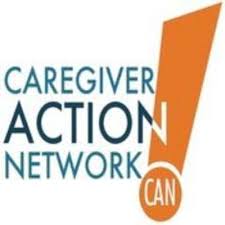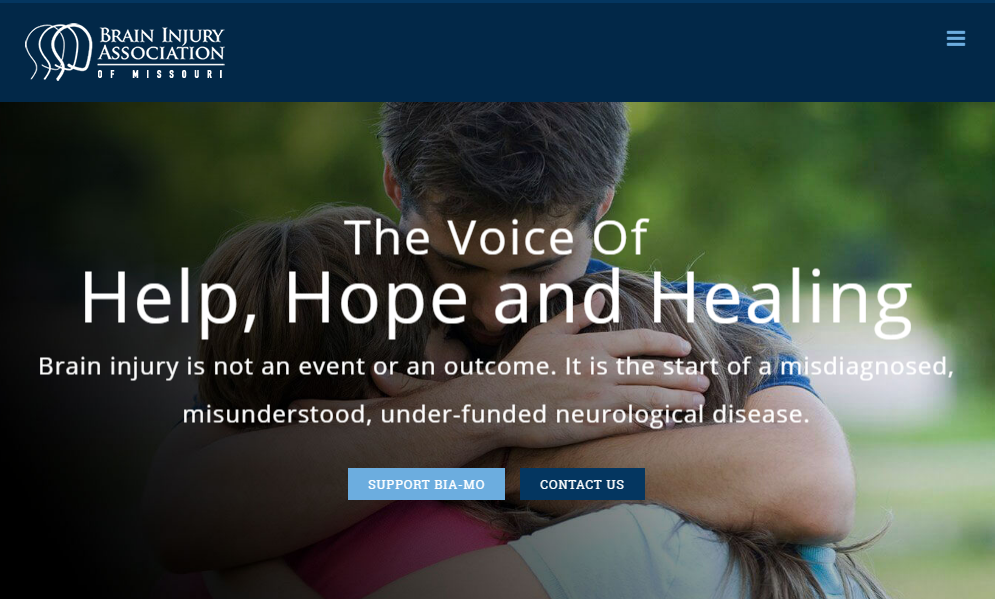Why A CDR Could Be A Good Thing
By Tai of Allsup
Like Rodney Dangerfield, the Social Security Administration’s (SSA) full medical Continuing Disability Reviews (CDRs) get no respect.
For years, Congressional appropriations have limited the funds Social Security allocated for these periodic reviews of SSDI and SSI eligibility. One result was a backlog of more than 1.3 million CDRs in 2014.
Many SSDI beneficiaries don’t care for CDRs either. However, when they are conducted appropriately, CDRs benefit those receiving Social Security disability benefits, the disability program and taxpayers.
CDRs help to do the following (according to a 2014 report):
- Identify beneficiaries who have improved and no longer meet program eligibility criteria, reducing costs and helping preserve benefits for those who do qualify.
- Raise awareness of Social Security’s oversight of the program.
- Produce financial return of $9 in program savings for each $1 spent on CDRs.
- Encourage return-to-work attempts.
Questions About CDRs Allsup customers sometimes contact us about CDRs when they hear from Social Security. I understand why many beneficiaries don’t like the idea of CDRs. They may have endured a frustrating and lengthy process to obtain their SSDI benefits and the thought of going through a similar process again is stressful.
However, CDRs are different from the SSDI application process. Generally, restrictions with CDRs make it more difficult for the SSA to terminate benefits than continue them.
Here are some other key facts about CDRs:
- The frequency of medical CDRs is based on the likelihood of medical improvement. The timeframe is fairly broad, with those who are more likely to improve receiving a CDR within a shorter timeframe. For example, if someone is “expected” to see medical improvement, they may have a CDR scheduled for six months to 18 months from the start of benefits, while others may not have a CDR scheduled for five years or longer.
- The SSA cannot terminate benefits unless it finds substantial evidence of medical improvement enabling an individual to engage in substantial employment.
- If the SSA discontinues benefits, individuals can appeal. The appeal should be filed within 60 days by completing a Request for Reconsideration form. Generally, this involves a face-to-face hearing with a disability hearing officer.
- Active Ticket to Work participants are exempt from medical CDRs. Individuals who have assigned their Ticket to an approved service provider before receiving a medical CDR notice will not have to undergo the medical review while making progress within the SSA’s timeframes. Visit AllsupES.com or call (866) 540-5105 for more information.
Allsup
Related Articles

Uncategorized
Helping Family Caregivers With What They Need to Know

Uncategorized
Understanding MS and Disability Benefits

Uncategorized
BIA-MO Gets Real about Brain Injury Awareness

